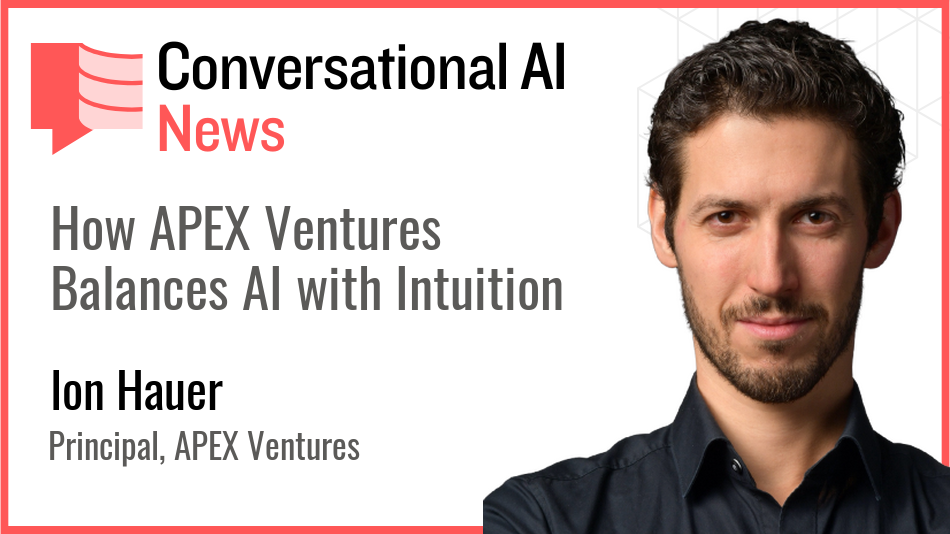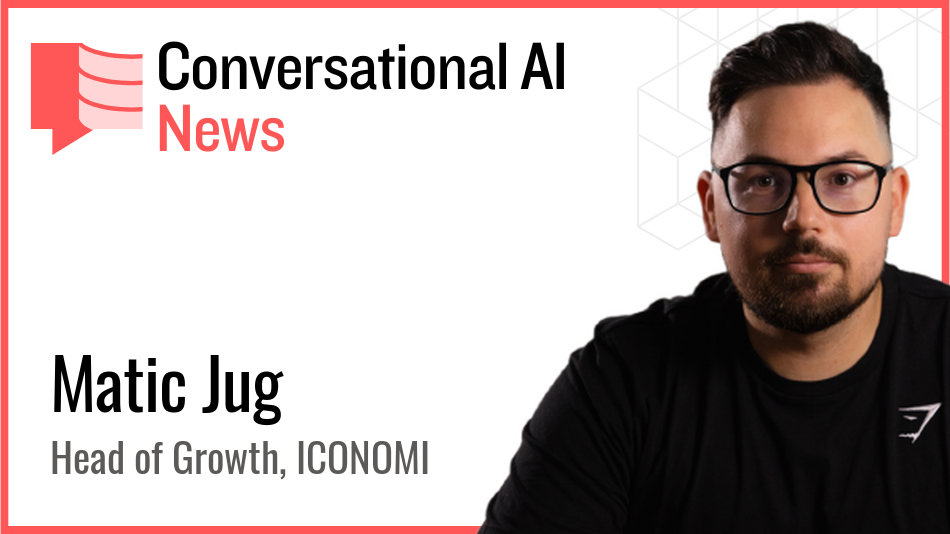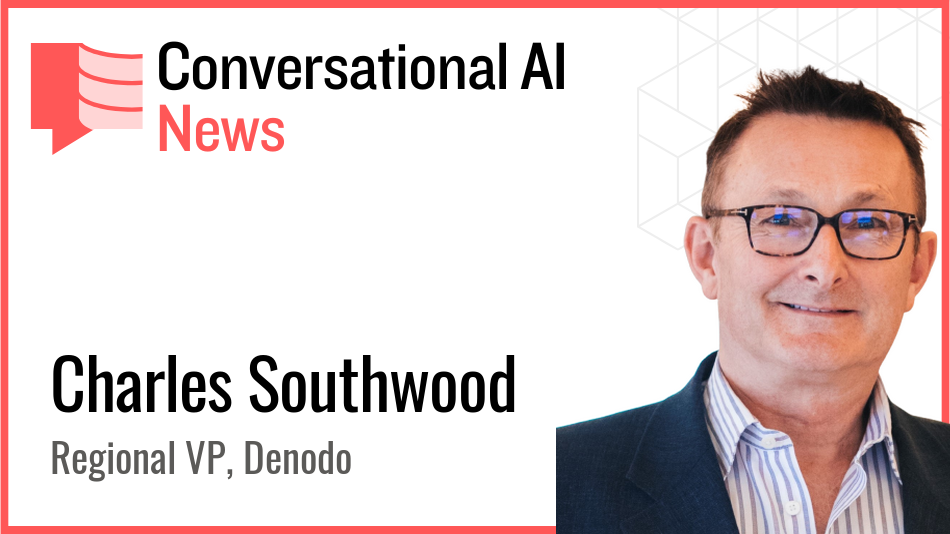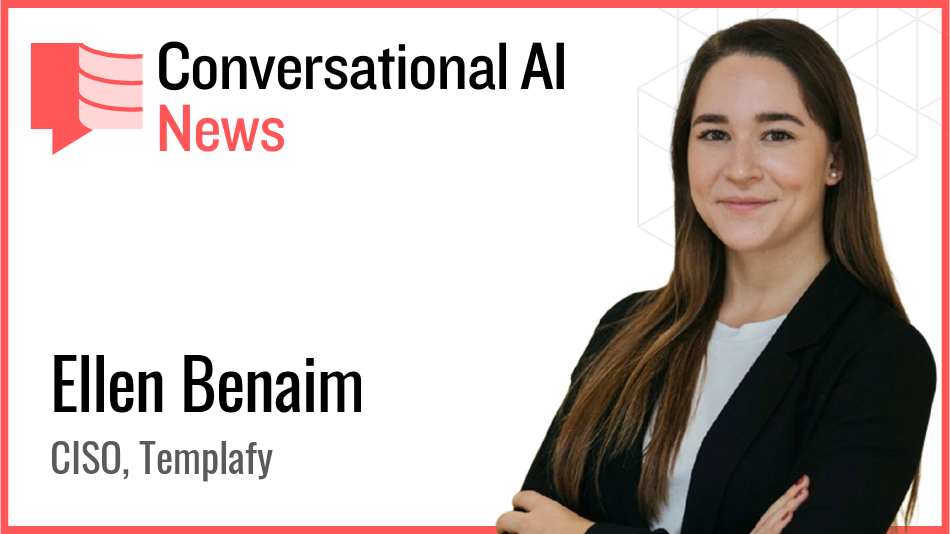Ion Hauer of APEX Ventures: Balancing AI with Human Intuition

I'm pleased to bring you this interview with Ion Hauer, Principal at APEX Ventures, a European venture capital firm focusing on deep tech companies with a mission to support the most talented startups in building global market leaders.
I wanted to understand how Ion and the team are applying AI to help support their investment decisions, so here we go, let's get started.
Over to you Ion, my questions are in bold.
Who are you, and what's your background?
I studied physics at Heidelberg University and completed my PhD with a focus on quantum physics. I then went into management consulting with Oliver Wyman to learn finance. From there, I moved to the Bosch Group to support 70+ corporate-startup collaborations. I started angel investing and joined one of my investments, the Berlin-based company GlassDollar, as COO.
From there I transitioned into deep tech venture capital, joining APEX Ventures as a Principal in early 2023.
What is your job title, and what are your general responsibilities?
I am a Principal in venture capital, which means I support founders end-to-end. I source deals, perform due diligence, negotiate transaction documents, and take on board positions. From there, I support founders in hiring, business development, future funding rounds and many more. I am also involved in fundraising for our own firm, working closely with our Limited Partners. Besides that, I am constantly on the lookout for improvements in the firm, e.g. new tools, strategic investment focus, better processes, etc.
Can you give us an overview of how you're using AI today?
I use LLMs on a daily basis, both professionally and personally. They are a great source of initial inspiration before digging deeper into a project myself. I also use them to quickly get a basic understanding of a new topic before doing my own research. Currently, I still try out different LLMs (mostly Grok and Gemini) for the same task in order to get a personal benchmark. I expect this to consolidate in the near future.
Tell us about your investment in AI? What's your approach?
At APEX, we use AI mostly for deal sourcing and deal evaluation. As a small firm with less than 10 people, we do not have a dedicated AI team but rather empower everyone to use the tools they need independently. Some of our partners (e.g. Dealroom for deal sourcing) use AI in their platforms, which helps us in our work. I think for a fund with less than $200m it doesn't make sense to build their own AI infrastructure. There are enough tools out there that are ready to use and I have yet to see a unique early-stage investment that would not have been done without the help of a proprietary AI system.
What prompted you to explore AI solutions? What specific problems were you trying to solve?
AI simply saves a lot of time in doing repetitive tasks. For example, it accelerates writing investment memos by suggesting specific formulations or adding data from various sources that would otherwise take hours to research. Of course, the AI output must be checked and not blindly trusted, but the efficiency gains of using AI for research and writing cannot be ignored.
Who are the primary users of your AI systems, and what's your measurement of success? Have you encountered any unexpected use cases or benefits?
We use AI mainly in the investment team (Partners, Principals, Associates) and partly in the operations team. The clearest measure of success for us is time saved. We simply increase the speed of our work, which can be crucial to win a competitive deal. On the other hand, I don't believe AI can lead to drastically different investment results, i.e. AI suggesting an investment that we would have otherwise not done. Other firms have tried that and it did not work, hence they went back to a human-lead (yet AI-supported) decision process.
What has been your biggest learning or pivot moment in your AI journey?
I mostly use Grok, because I find it less agreeable than other LLMs. Still, I regularly find that the output of it is too generic to really trigger a deep discussion. If you ask it to benchmark a company against its competitors, it will give you pros and cons, but never take a strong side. Yet, the best investment decisions are made with strong opinions, weakly held.
How do you address ethical considerations and responsible AI use in your organisation?
We never use AI output verbatim without checking that the content aligns with our expectations as well as our positions and values. Once we check that, the ethical responsibility lies completely with us as a team.
Finally, let's talk predictions. What trends do you think are going to define the next 12-18 months in the AI technology sector, particularly for your industry?
I believe that AI will be playing a significant role in the semiconductor industry, with accelerator chips revolutionising AI deployment through three critical advancements: low-power hardware that enables complex AI tasks whilst consuming significantly less energy, edge data processing capabilities that allow real-time decision-making by analysing data closer to its source (such as IoT devices and autonomous vehicles), and enhanced compilers that optimise code execution for superior efficiency. Companies like GEMESYS are already developing comprehensive AI-ready hardware ecosystems that support diverse applications ranging from smart cities to industrial automation.
Confidential computing is another critical AI-related trend, addressing the fundamental security gap that occurs when AI systems process sensitive data from healthcare records to financial transactions. Whilst data is typically encrypted during storage and transmission, it becomes vulnerable during processing, precisely when AI models analyse it. Confidential computing creates protected enclaves within hardware processors where data can be processed whilst remaining encrypted. This approach extends protection to data during computation, closing the "last gap" in data security. The market reflects this growing importance, with the global confidential computing sector valued at £4.1 billion in 2023, estimated at £6.7 billion in 2024, and projected to reach approximately £335 billion by 2032.
Thank you for taking the time Ion!
Read more about Ion Hauer on LinkedIn and find out more about APEX Ventures at www.apex.ventures.














